1. Foreword Review
In recent years, remarkable progress has been made in all-polymer organic solar cells (all-PSCs) based on polymeric fused-ring acceptors, and the device performance is constantly improving. However, the high cost of these polymeric receptors may limit their commercial application due to the high complexity of monomer synthesis. Therefore, there is an urgent need to develop inexpensive, high-performance polymer acceptors for all-PSCs.
Noncovalent fused-ring receptors (NFRAs) have the advantages of simple synthetic route, high yield, and low cost. After the introduction of non-covalent conformational locks (NoCLs), NFRAs can maintain good planarity, excellent light absorption, and high charge transport mobility, which are beneficial to improve their photovoltaic performance. Currently, various strategies have been developed to modulate the structural and physicochemical properties of NFRAs, such as modulating the central backbone and side chains, and modifying the end groups. However, there is no report on the application of aggregated NFRAs to all-PSCs. In fact, this strategy may reduce the cost of all-PSCs, which is very important for the industrial production of all-PSCs.
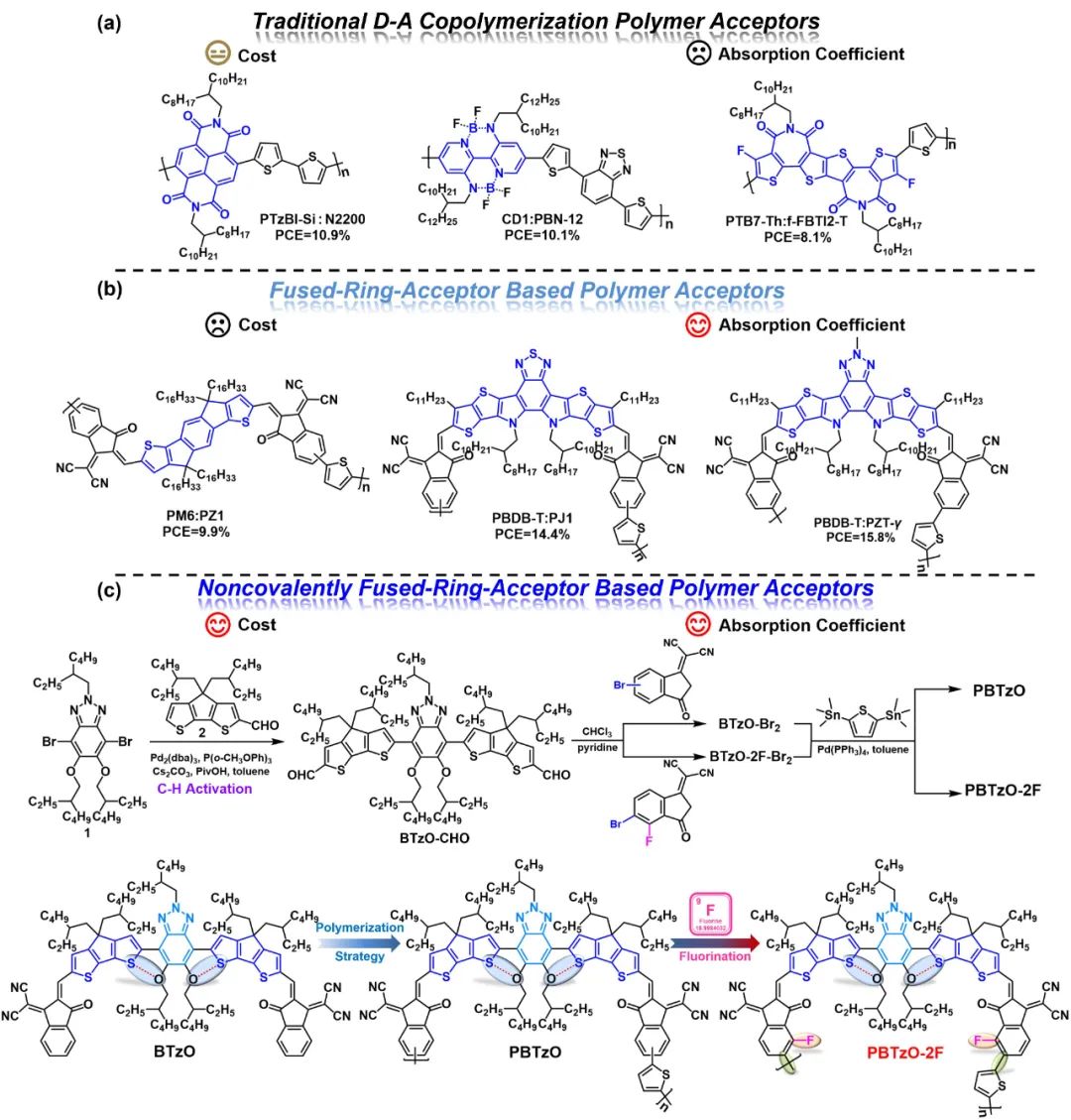
Figure 1. Structure and synthesis of novel non-fused-ring polymer receptors
2. Literature introduction
The research team of Professor Huang Hui and Associate Professor Zhang Xin of the University of Chinese Academy of Sciences has reported a series of NFRAs in their previous work, by introducing different types of NoCLs to prepare high-performance devices, with a PCE of up to 14.82%. Among them, BTzO-4F is a high-performance NFRAs with excellent benzotriazole (BTz) units and additional chemical modification sites, which will help to obtain high-performance polymer acceptors. Recently, the team designed and synthesized two NFRAs-based polymeric receptors (NFRA-PAs) using the strategy of small molecule receptor aggregation: PBTzO and PBTzO-2F, which were applied to all-PSCs for the first time. The researchers systematically tuned the optoelectronic properties and stacking behavior of the molecule by introducing fluorine atoms into the backbone.
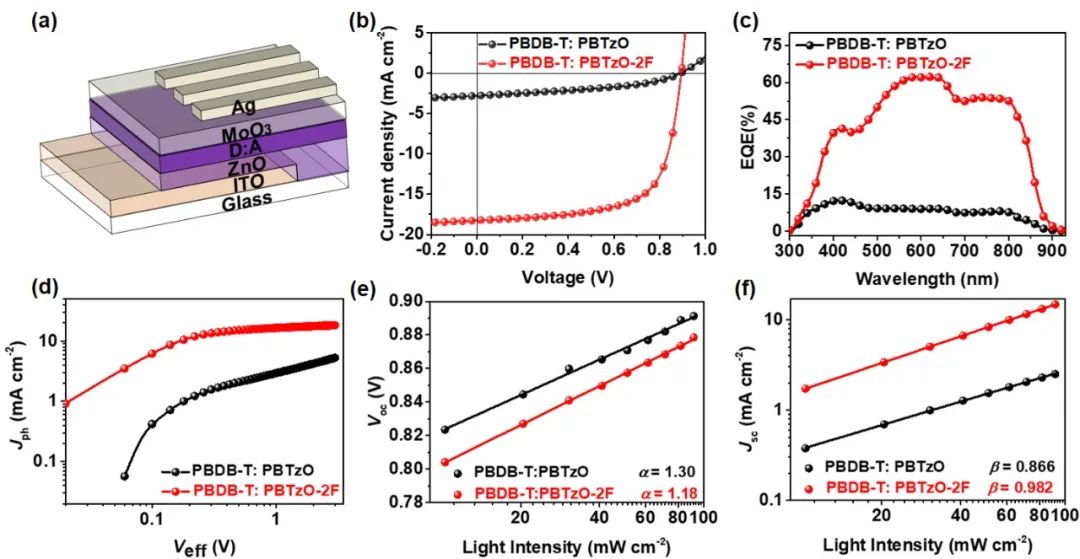
Figure 2. Investigation of device structure and photovoltaic performance
The research results show that the PBDB-T:PBTzO-2F-based device exhibits an excellent PCE of 11.04%, which is much higher than that of the PBTzO-based device, because the former device increases charge generation and extraction, and improves hole transfer and loading. carrier mobility and reduced energy loss. More importantly, due to the simpler conjugated backbone, lower synthesis complexity and higher yield of NFRA-PAs, the figure of merit (FOM) based on PBTzO-2F is significantly higher than that of the reported high-performance fused polymers. Ring-Acceptor-Based Polymer Acceptors (FRA-PAs). These data suggest that PBTzO-2F is beneficial for realizing low-cost, high-performance all-PSCs.
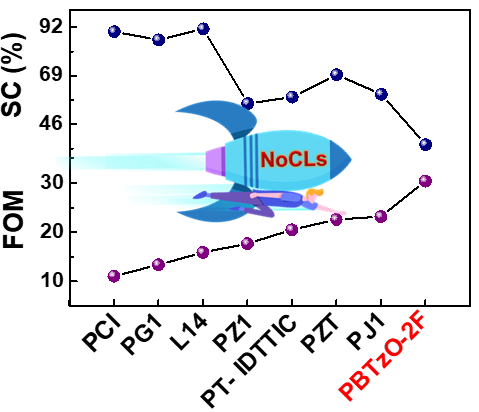
Figure 3. Comparison of synthetic complexity and FOM value of representative FRA-PAs and NFRA-PAs
3. Literature summary
In conclusion, this work proposes a new strategy to construct NFRAs-based polymeric receptors, which provides a new idea for the development of all-PSCs. The relevant research results were published online on March 4 in the well-known domestic journal "Science China Chemistry", entitled "Low-Cost Polymer Acceptors with Noncovalently Fused-Ring Backbones for Efficient All-Polymer Solar Cells". The first authors of this article are Gu Xiaobin and Wei Yanan from the University of Chinese Academy of Sciences; the co-corresponding authors are Professor Huang Hui and Associate Professor Zhang Xin from the University of Chinese Academy of Sciences and Professor Tang Zhen from Donghua University.
Keywords in this paper: all-polymer organic solar cells, non-fused-ring acceptors, polymer acceptors, low cost.
4. Material recommendation
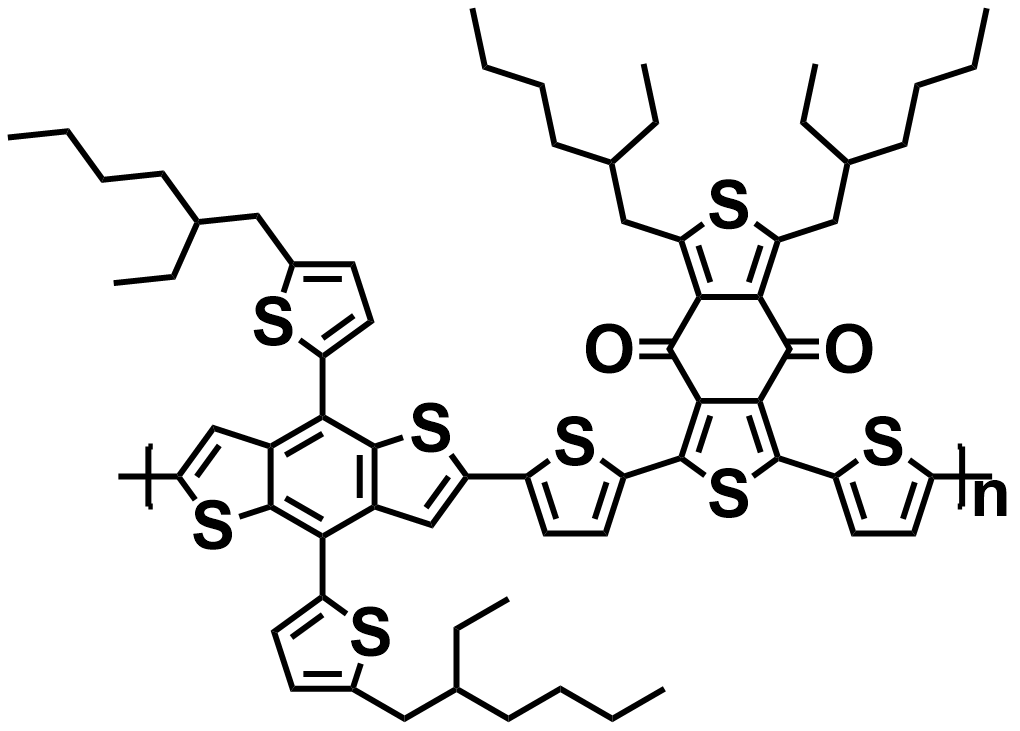
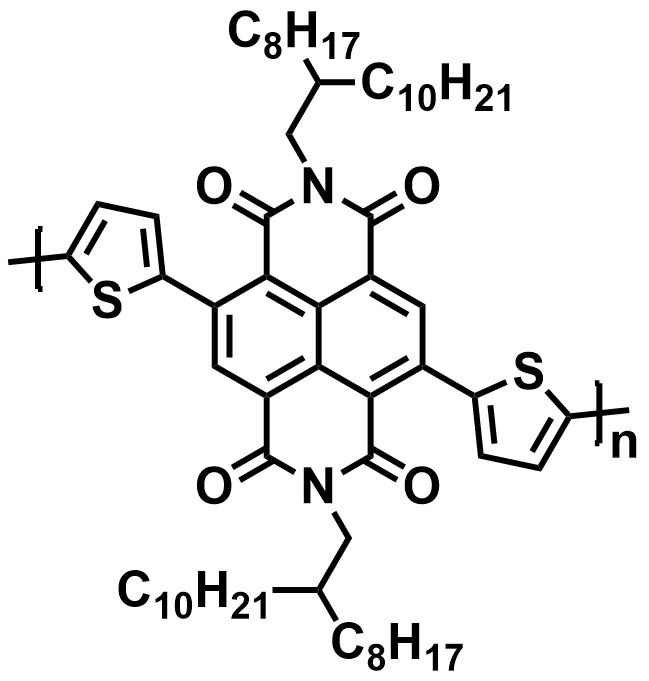
PBDB-T N2200
1415929-80-4 1100243-40-0
